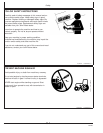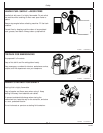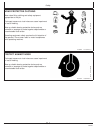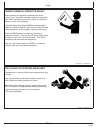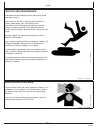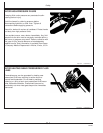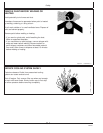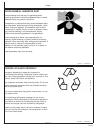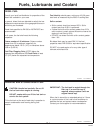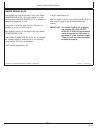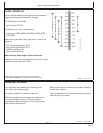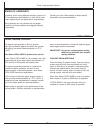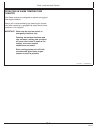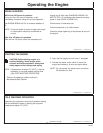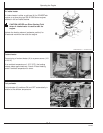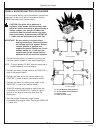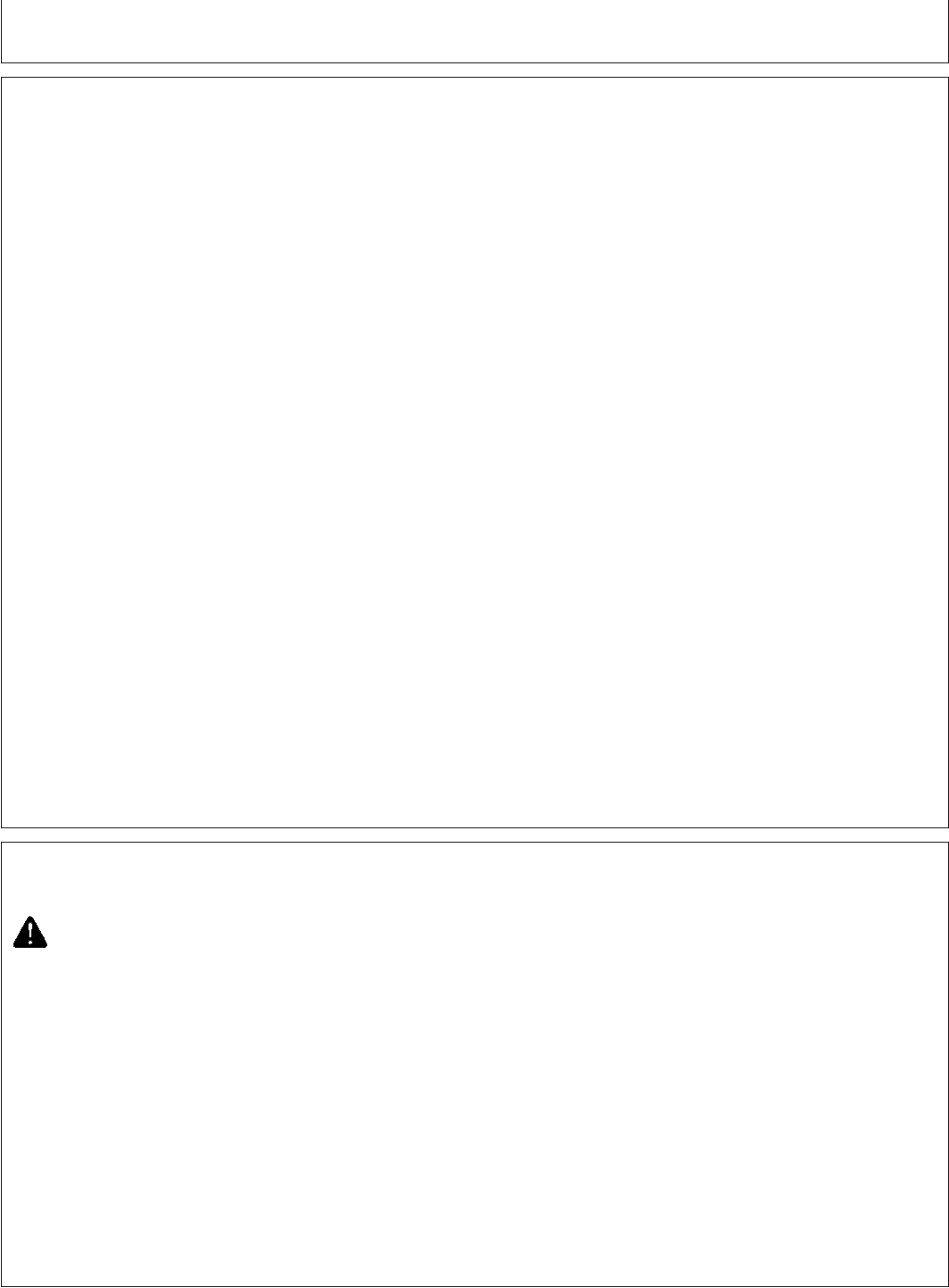
Fuels, Lubricants and Coolant
DX,FUEL1 –19–17FEB99–1/1
DIESEL FUEL
Consult your local fuel distributor for properties of the
diesel fuel available in your area.
In general, diesel fuels are blended to satisfy the low
temperature requirements of the geographical area in
which they are marketed.
Diesel fuels specified to EN 590 or ASTM D975 are
recommended.
In all cases, the fuel shall meet the following
properties:
Cetane number of 40 minimum. Cetane number
greater than 50 is preferred, especially for
temperatures below -20°C (-4°F) or elevations above
1500 m (5,000 ft).
Cold Filter Plugging Point (CFPP) below the
expected low temperature OR Cloud Point at least
5°C(9°F) below the expected low temperature.
Fuel lubricity should pass a minimum of 3100 gram
load level as measured by the BOCLE scuffing test.
Sulfur content:
• Sulfur content should not exceed 0.5%. Sulfur
content less than 0.05% is preferred.
• If diesel fuel with sulfur content greater than 0.5%
sulfur content is used, reduce the service interval for
engine oil and filter by 50%.
• DO NOT use diesel fuel with sulfur content greater
than 1.0%.
Bio-diesel fuels may be used ONLY if the fuel
properties meet DIN 51606 or equivalent specification.
DO NOT mix used engine oil or any other type of
lubricant with diesel fuel.
DX,FUEL4 –19–18MAR96–1/1
HANDLING AND STORING DIESEL FUEL
CAUTION: Handle fuel carefully. Do not fill
the fuel tank when engine is running.
DO NOT smoke while you fill the fuel tank or
service the fuel system.
Fill the fuel tank at the end of each day’s operation to
prevent condensation and freezing during cold
weather.
IMPORTANT: The fuel tank is vented through the
filler cap. If a new filler cap is
required, always replace it with an
original vented cap.
When fuel is stored for an extended period or if there
is a slow turnover of fuel, add a fuel conditioner to
stabilize the fuel and prevent water condensation.
Contact your fuel supplier for recommendations.
10-1
112699
PN=33



